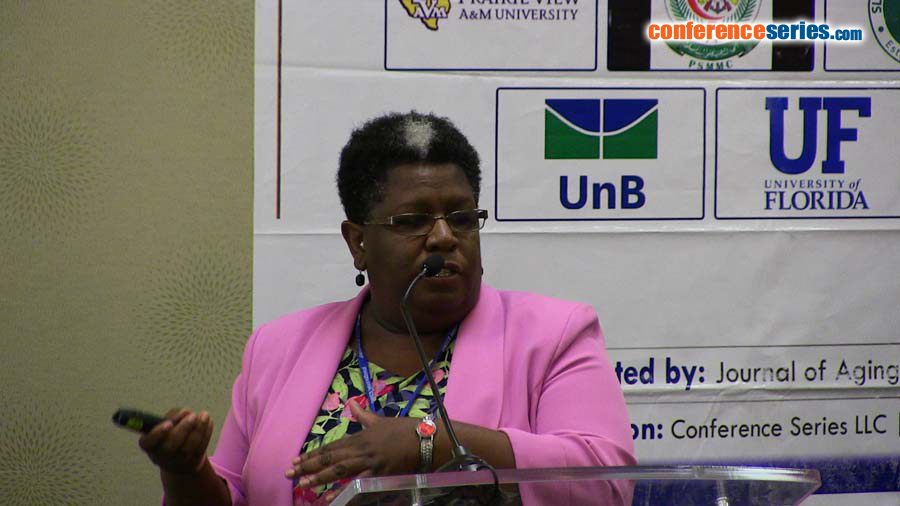
Yvette Michelle Rose
Olivet Nazarene University School of Health and Life Sciences, USA
Title: Fighting a new battle: A bathing care standard for caregivers of elderly male military veterans with delayed onset post-traumatic stress disorder
Biography
Biography: Yvette Michelle Rose
Abstract
Despite many veterans hopes that the invisible wounds of war can be healed, they leave scars. Most survivors of military combat who have experienced or witnessed life-threatening events, such as terrorist incidents and serious accidents, can adjust to life without lingering effects. Many years after a war, other aging veterans find themselves fighting a new battle as they strive to cope with Delayed Onset Post Traumatic Stress Disorder (DOPTSD). For other aging military veterans who have post-traumatic stress disorder, activities of daily living, particularly bathing, can be a stressful task. This scholarly project is an evidence-based bathing care standard created for family and direct care caregivers who have been experiencing the challenges to achieve “bathing without a battle.” This project translated the body of nursing science known as “bathing without a battle” for veterans who have dementia to those elderly male military veterans who have DOPTSD. Maladaptive behaviors such as kicking, biting, hitting, scratching, throwing objects, spitting and cursing were measured. Results reflected an effective means to improve the bathing experiences of veterans who have DOPTSD and who live in long-term care and residential settings. The routine and environment was changed implementing patient centered care interventions. The purpose is to see if these interventions would be able to assist veterans to better adapt to bathing, which will no longer be a battle. By changing the bathing routine and environment and caregivers, these veterans may be better able to adapt to bathing so that it will no longer be a battle.



